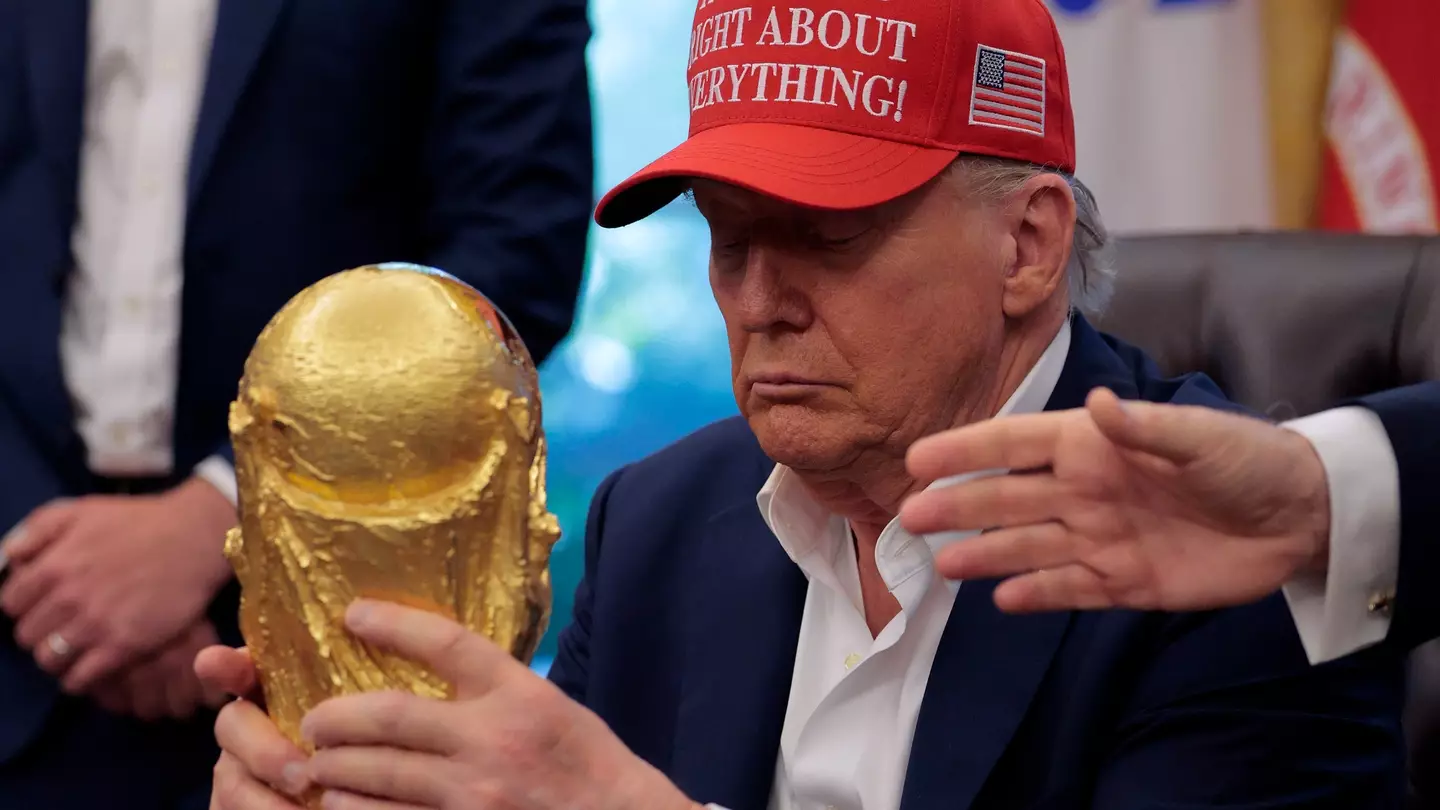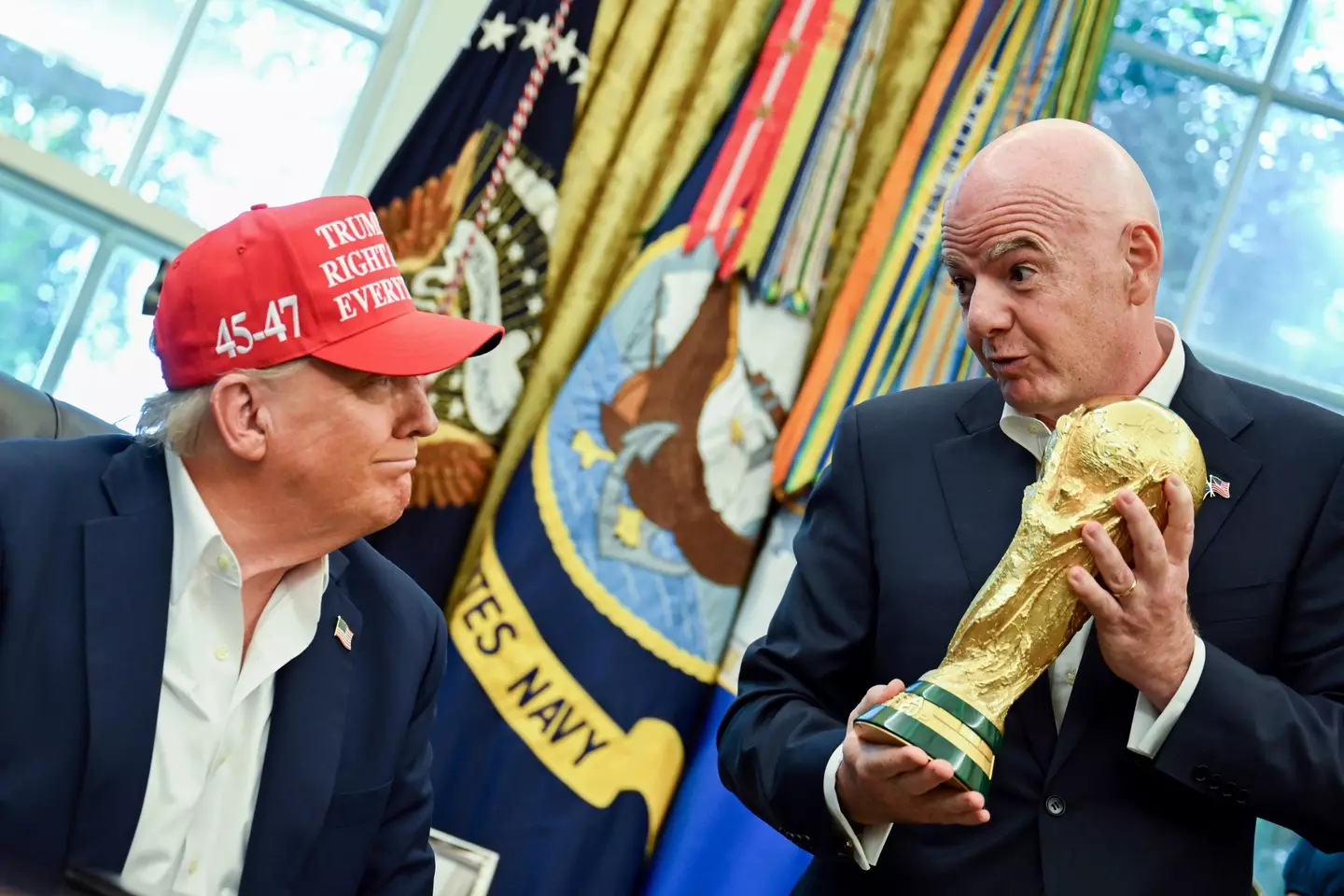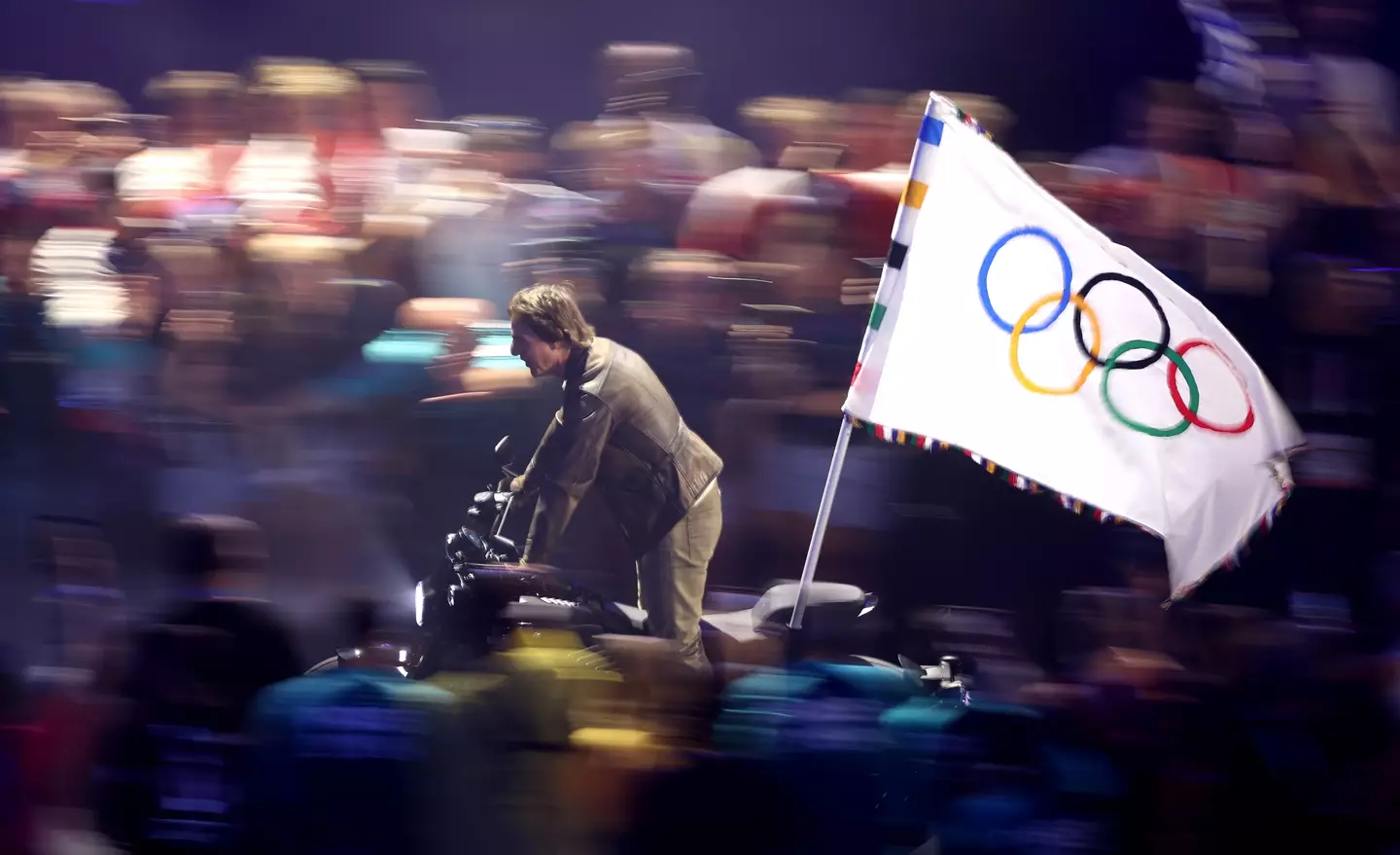
The USA's World Cup and Olympics gun safety rules have been explained following the murder of Charlie Kirk.
On Thursday, the FBI announced that they had recovered the murder weapon in a wooded area, but that the gunman remains at large. Although the authorities said they have 'good video footage' of the suspect, the individual has yet to be identified.
Kirk was shot while he was speaking at Utah Valley University on Wednesday at around 12:20pm local time.
The 31-year-old was a close ally of President Donald Trump and was credited with helping the Republican Party connect with younger audiences through social media platforms.
Advert
In the aftermath of another high-profile gun death in the United States, concerns have intensified both nationally and internationally about the suitability of the country to host major sporting events.
The FIFA World Cup will head to the US in 2026, along with Canada and Mexico. Los Angeles are poised to host the next Olympic Games in 2028.

Will the United States be safe for the World Cup and Olympics?
The 2028 Olympics in Los Angeles have already been granted as National Special Security Event status by the Secretary of Homeland Security. They received that status in June 2024, which is the earliest before an event that any event has ever been designated that status.
NSSE status is reserved for events that are considered to be high-profile and a potential risk, such as Super Bowls and presidential inaugurations. By granting the Olympics this status so early, authorities can begin to plan extensive security measures well in advance.
Potential measures may include multi-ring perimeters, mandatory credential and bag screening. Security planning in the US will extend beyond the stadiums.
City centres, fan zones and transport hubs will also need to adopt protective measures.
Although the openness of urban areas makes it challenging to implement the same level of security checks.

How else do the United States keep events safe?
The Federal Aviation Administration enforces strict rules around drones, banning them from flying within a three nautical mile radius of stadiums for one hour before and one hour after events.
Currently the FAA's list includes: MLB, NFL, NCAA Division One Football and major motor racing events.
However, NSSE status allows Homeland Security to implement no-fly zones for events like the Olympics.
Homeland Security can also the Preventing Emerging Threats Act to help detect, track and respond to potentially malicious drones.
Topics: FIFA World Cup, Football World Cup, Olympics, USA
